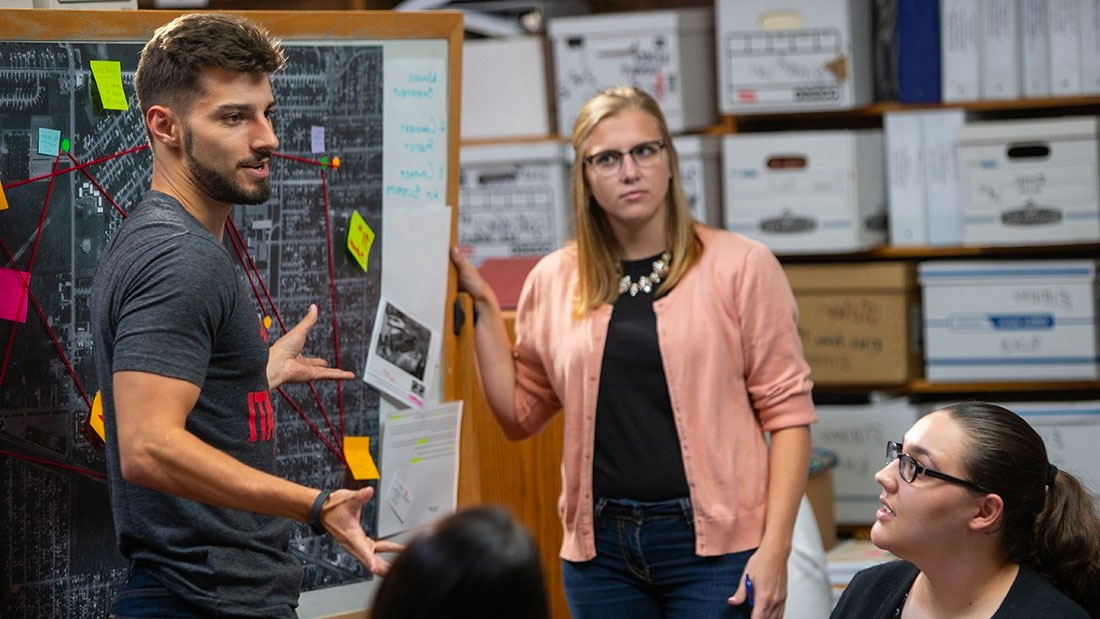“These truck drivers had to purchase their own routes, they had to purchase their own uniform, they made a significant investment of their time and effort. But they were contractors so they weren’t protected as employees...They didn't know better,” she said. “It really raised a flag for me in terms of legal protections for minorities…My people are hardworking, but that does not mean they should be taken advantage of.”
Valerie was raised with a positive example of how employers treat their employees. Her father, who went from factory manager to Vice President while raising her in Tijuana, made it part of his mission to advocate for his employees, especially those with disabilities in the workplace. He insisted on all signage being in braille and installed ramps to ensure accessibility, something she said is not as common in Mexico. Valerie recalled seeing this dedication firsthand, as early as preschool when she would hang out at his work after school, content with a coloring book and a few pesos for the vending machine in her pocket.
“My dad was very hard working. As he was progressing in his career, he was also raising me as a single dad,” she said. “He has always looked out for employees, not because they are employees, but because there are people. He never let how far he has come allow him to treat people any differently.”
Valerie expressed hopes that she can one day be to her clients who her dad was to his employees, especially for other Hispanics.
“Race and economic inequality play a role in the outcome of your life here in the US,” she said. “I want to use my brains and everything I’m learning as a law student to help people. If I’m not helping people, then what am I doing with this knowledge?”







